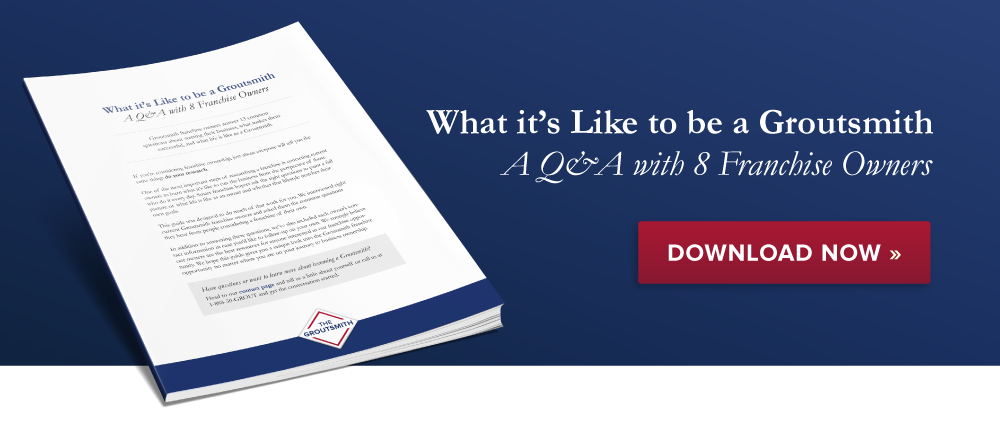Completely new to franchising and struggling to understand the lingo?
It helps to have a good idea of the terms and phrases you’ll be discussing with potential franchisors.
To give you a quick-and-easy reference to the world of franchising, we’ve created this go-to cheat sheet. Keep this guide handy when investigating potential opportunities you may be interested in pursuing, as you’ll mostly likely come across a few things you may not be familiar with.
#1. Franchisee:
the person who purchases the rights to operate their own business under the franchisor’s brand and business model. If you’re looking to invest in an opportunity, this is you!
#2. Franchisor:
A company or organization that gives others the opportunity to start and operate a business using its brand, trademarks, products and processes in exchange for a franchise fee.
#3. Franchise Fee:
This is the initial amount prospective businesses owners pay a franchisor to become a franchisee under their brand. This initial fee is explained in-depth in Item 5 of the Franchise Disclosure Document (or FDD, which I’ll explain next.) These can vary from company to company as a flat, one-size-fits-all fee or a variable fee based on the size of your territory and other factors.
#4. Franchise Disclosure Document:
By law, all franchisors in the United States are required by the Federal Trade Commission to give this specific legal document to prospective franchisees. These FDDs are typically updated each year and include 23 parts or Items explaining the company’s history, all fees and costs associated with the opportunity, contractual obligations, and unit data just to name a few. It’s crucial to read these documents from front to back, multiple times before signing any dotted lines.
#5. Franchise agreement:
this is the written contract (including the FDD) outlining your responsibilities as a franchisee and the franchisor’s responsibilities to you.
#6. Term of agreement:
This explains how long your franchise agreement will be valid. Typically, franchisors set the term of agreement somewhere between five and 20 years. When a term expires, franchisees doing well are given the opportunity to renew their agreements.
#7. Royalty fee:
Many franchisors require their franchisees to pay a regular fee. More often than not, this is calculated as a percentage of sales, but sometimes it’s flat.
#8. Startup costs:
Also referred to as an initial investment, this is the total amount required to open the new franchise. Details about these costs are explained in Item 7 of the FDD. Startup costs include the franchisee fee along with any other initial expenses specific to the business such as equipment, real estate (if your franchise requires a physical location), licenses and more.
#9. Company-owned unit:
These are locations that are both owned and run by the company itself. In other words, they’re not franchised.
#10. Registration states:
At the moment, 15 states require franchisors to register their RDDs with a state government agency before selling their franchises to new business owners.
To see the full list of current registration states, click here.
#11. Absentee ownership:
Some franchisors allow individuals to own a franchise without being involved in regular day-to-day operations.
#12. Area developer:
Some franchise buyers are interested in opening multiple locations over a particular span of time. They may choose to open and operate multiple locations themselves or hire other franchisees to take control.
Want to learn more about our low-cost franchise opportunity that requires no prior experience in tile and grout maintenance? Click here to learn why The Groutsmith stands out among the competition. Want to get started today? Click here to contact to talk one-on-one to see if The Groutsmith is the right opportunity for you.
Looking to learn what it’s like to own a Groutsmith franchise? Get a first-hand look from eight franchisees in our free Q&A guide. Click below to download.


